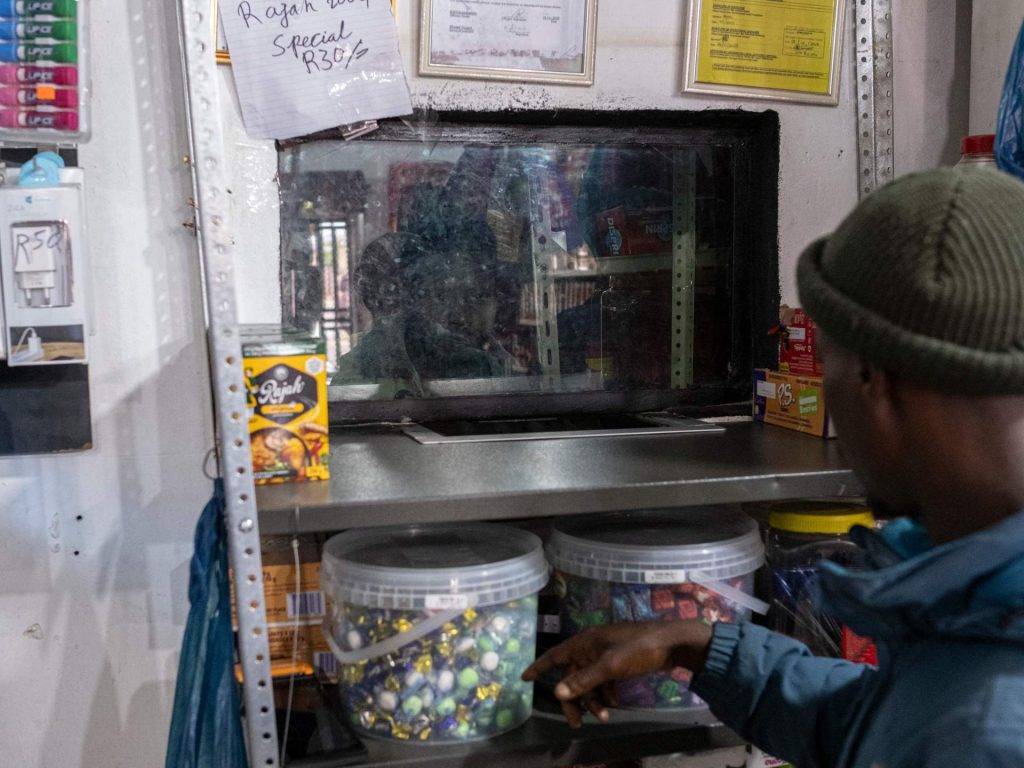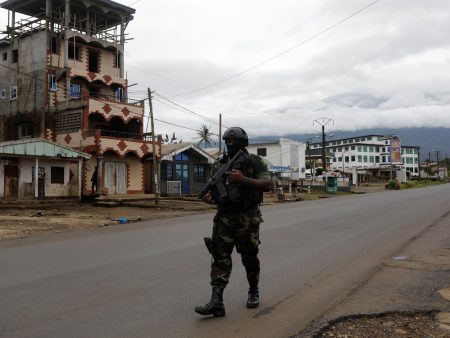On November 3, 2023, tragedy struck in Alexandra, a township in Johannesburg, South Africa, when 10-year-old Lesedi Mulaudzi died from suspected food poisoning allegedly caused by snacks purchased from a local “spaza shop.” The informal convenience stores, which gained prominence during apartheid, have become integral to many Black communities. Lesedi’s death prompted immediate concern and action; she was admitted to the Alexandra Community Health Centre in critical condition, having suffered intense pain and difficulty breathing shortly after eating the contaminated snacks. Her mother and younger brother also fell ill but eventually recovered. Lesedi’s father recounted the harrowing experience of losing his daughter, underlining the urgent need for systemic change in food safety regulations.
Lesedi’s passing triggered a broader dialogue regarding the alarming prevalence of food poisoning and related incidents in South Africa, particularly among children. Gauteng Premier Panyaza Lesufi revealed that the province alone had recorded 441 food poisoning cases that resulted in 23 deaths, primarily affecting children aged six to nine. In response to the crisis, President Cyril Ramaphosa mandated that all spaza shops and food handling facilities register with local municipalities within 21 days, aiming to enforce better food safety practices. This action follows a similarly horrific incident in mid-October when six children died after consuming snacks from a spaza shop in Naledi, Soweto, later found to contain a toxic pesticide known as Terbufos, underscoring the systemic failures in managing food safety.
The identification of Terbufos as the culprit behind the rapid onset of illness brought to light the dangers posed by illegally sold pesticides in South Africa’s townships. Although the pesticide is classified for agricultural use, it has been misused in urban settings, posing severe health risks to unsuspecting consumers. Previous governmental acknowledgments regarding rodent infestations and their proposed solutions appear inadequate as after decades, little progress seems evident. Calling for immediate reform, ANC leader Fikile Mbalula advocated for a nationwide spaza shop closure and subsequent re-registration that demands compliance with health and safety regulations, highlighting the prevalence of undocumented migrants operating these shops, which adds to the complexities of regulation.
Spaza shops, despite their significant economic role—wherein approximately 40 percent of South Africa’s food expenditure is allocated to them—often operate outside the legal frameworks meant to ensure safe food handling and sale. Many lack municipal registration and sell expired or inferior products, undermining the health of their communities. Additionally, the unauthorized distribution of controlled medicines through these shops further complicates the already precarious health landscape in South Africa, highlighting the urgent need for enforcement of regulation. These issues are emblematic of broader systemic challenges faced by impoverished communities, which struggle to access clean food and proper health facilities compared to their wealthier suburban counterparts.
The visibility of these issues is compounded by insufficient resourcing within municipalities, particularly in Gauteng, where the ratio of health inspectors is alarmingly low. With only 221 inspectors for a population that exceeds 14 million, the resulting oversights facilitate unhealthy practices in spaza shops. Waste management deficiencies and an ongoing rat infestation exacerbate the problems, creating a cycle of health risks that severely impacts quality of life. Medical professionals like Dr. Aslam Dasoo have voiced concerns that simply re-registering spaza shops will not address the root causes of food poisoning incidents. A retrospective study reported thousands of children treated for pesticide poisoning, highlighting this as a longstanding crisis rather than an isolated occurrence.
As government officials push for compliance and safety evaluations across regions, including the introduction of new laws that mandate adherence to health regulations in the township economy, the overarching challenges are noted. Despite good intentions, the lack of enforceable legislative frameworks and inadequate oversight hampers effective change, leaving vulnerable populations at risk. Children like Lesedi, who died unnecessarily due to preventable circumstances, must be protected through comprehensive and enforceable regulations. The need for systemic change is critical—South Africa must prioritize the health and safety of all its residents to build a more equitable society and ensure that no child faces the tragic fate that led to Lesedi’s untimely death.










